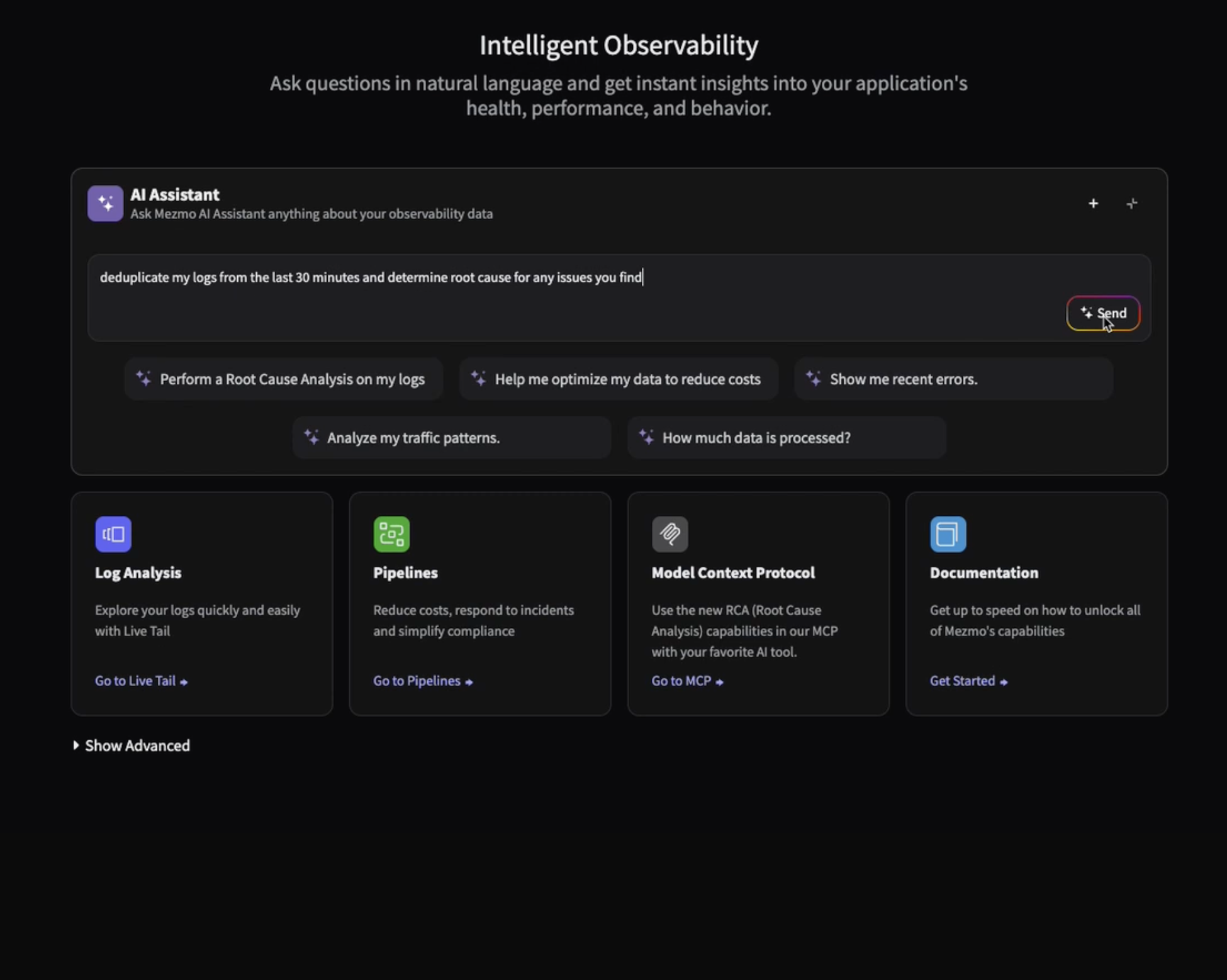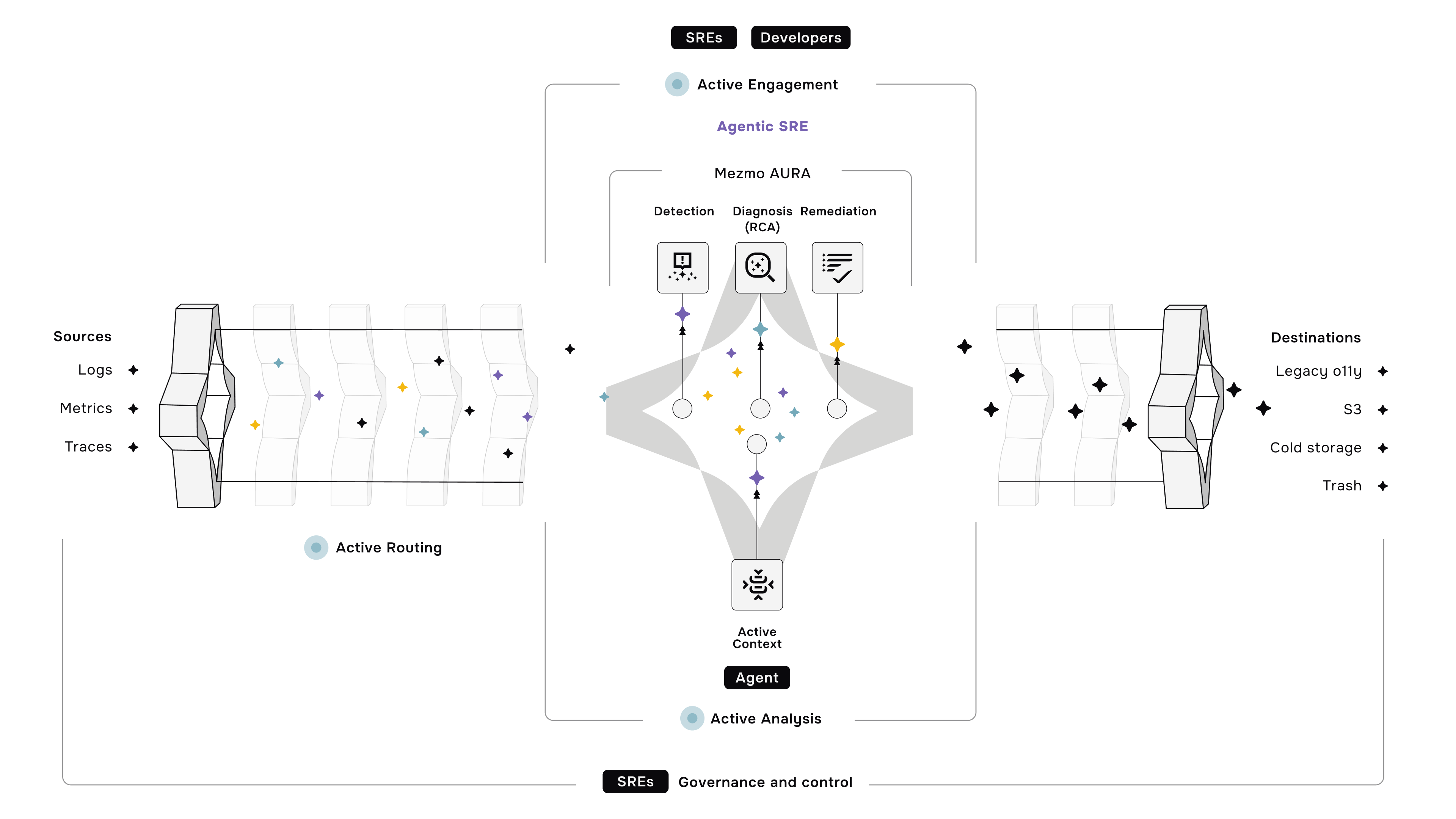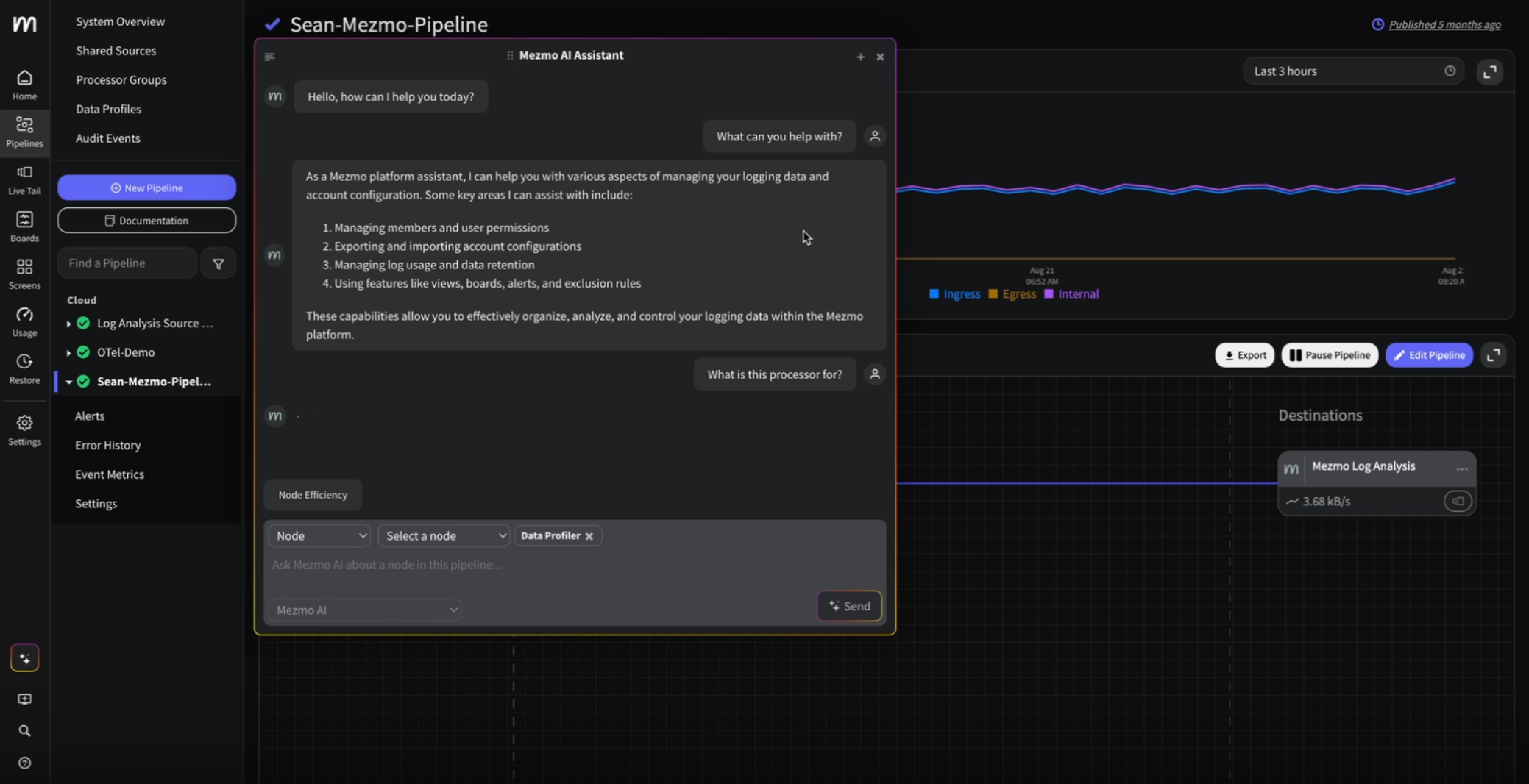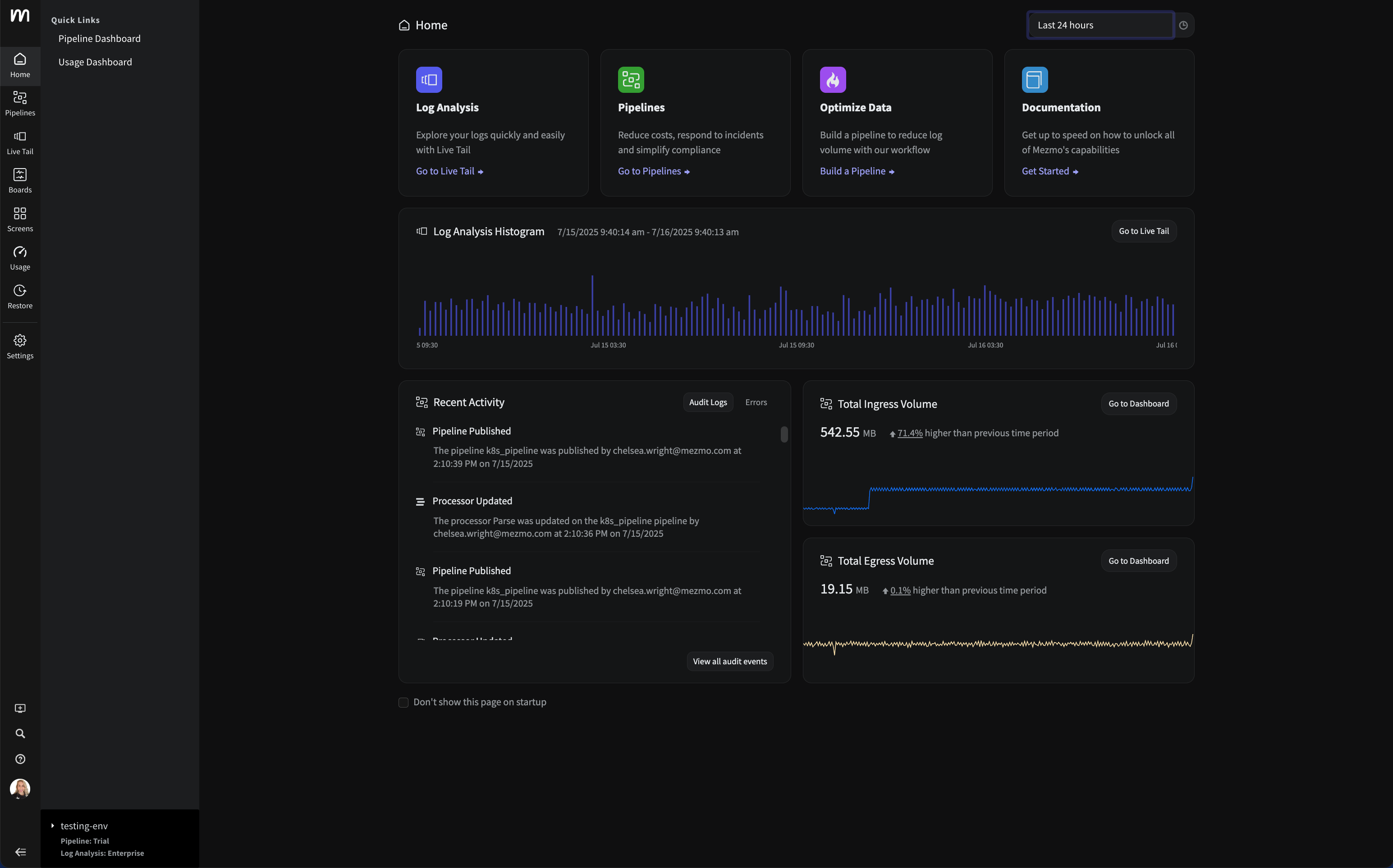New Feature: Absence Alerting
(LogDNA is now Mezmo but the product you know and love is here to stay.)
Being proactive is one of the key elements of a successful company. We are always seeking ways to help you perform at your best. With this goal in mind, we have been working on enhancements over the past couple of months in our alerting logic. Today, we’re proud to announce another highly anticipated feature from LogDNA: Absence Alerting! Using LogDNA you always had the ability to set up a Presence Alert that will notify you when your logs start showing more lines than normal. And now with LogDNA's Absence Alert feature, you are can set up an alert that notifies you when your logs start showing fewer lines than what is expected. With this new feature, LogDNA can alert you when there is inactivity in your system.
How will absence alerts help you?
You might have a presence alert set up for your system connection failures to get notified when you see 10 or more error lines appear within 15 minutes. When your system is stable enough to generate those error lines, you will know. However, what happens when your system crashes and stops sending log lines? You can set up an absence alert to get notified when you see less than 3 lines from that system within the 15 minutes.
How do you set an absence alert?
The set up process for these alerts is as same as how you set up presence alerts. When the alert settings window pops up, choose “Absence” to proceed its own specific threshold, then click on Save Alert button.

Let us know if it helped you. We would LOVE to hear from you since we rely heavily on customer feedback to improve our product. We’re aiming to make it even better as we grow. Shout-out to my fellow team members Mike Hu, Mike Huang, and Ernest Iliiasov for helping us creating the absence alerting capability.


.png)


.jpg)












.png)
























.png)





























































